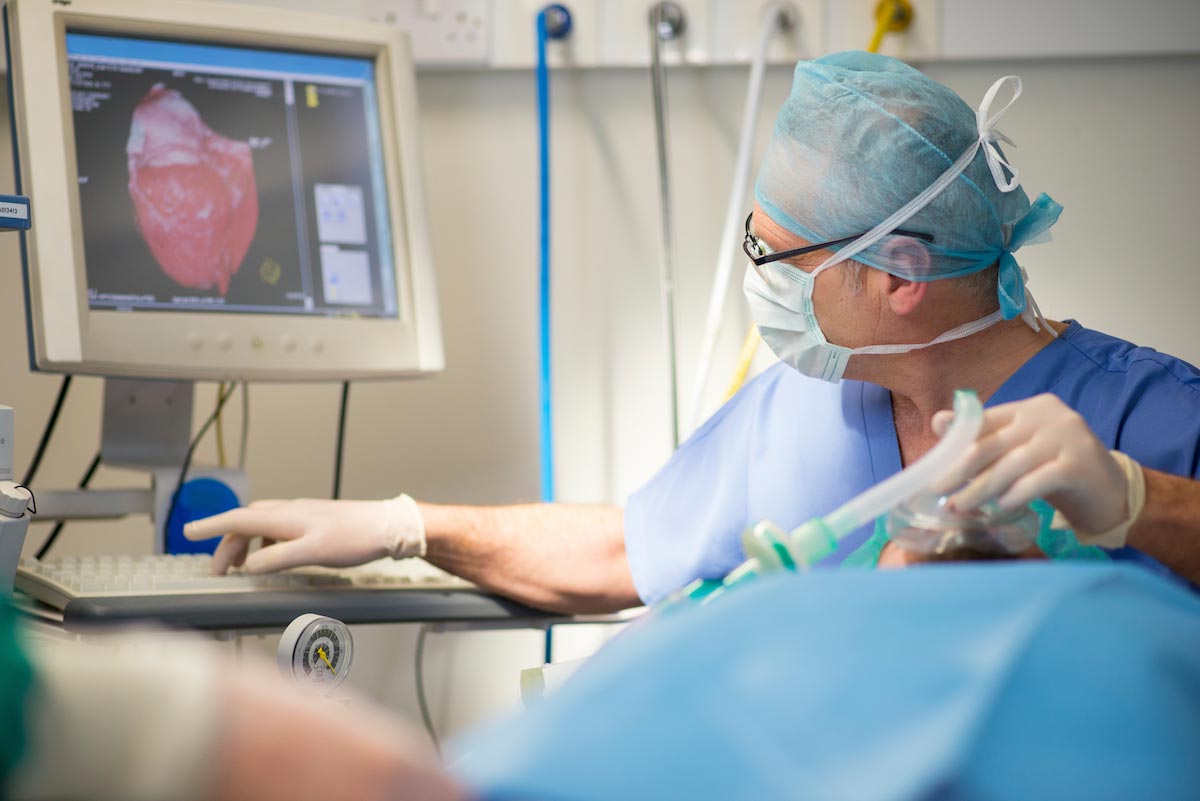Study: Drinking more water can reduce likelihood of UTIs
03/02/2019 / By Michelle Simmons

Urinary tract infections (UTIs) are infections that can affect any part of the urinary system, such as the kidneys, bladder, and urethra. Anyone can experience a UTI, but the risk is greater in women because of their anatomy. Fortunately, UTIs are preventable. One of the simplest ways to prevent UTIs is to drink more water. A team of American and French researchers reports that drinking an additional six glasses of water a day can cut the risk of acquiring UTIs.
For the study, the research team analyzed the effects of water intake on the incidence of UTIs in 140 pre-menopausal women. All participants included were under the age of 45, had experienced at least three UTIs in the year prior to the study, and drank less than six glasses, or less than 1.5 liters (l), of water per day. Then, the research team randomly divided the participants into two groups; one group was tasked to drink six extra glasses of water per day and the other group was told to maintain their normal water consumption.
The team also assessed the participants’ daily fluid intake, urinary hydration, and symptoms of cystitis at the beginning of the study and at the six- and 12-month visits. They also measured the frequency of recurrent cystitis throughout a year, as well as the number of antimicrobial regimens used, the average time interval between cystitis episodes, an 24-hour urinary hydration measures.
After a follow-up period of one year, the research team found that women who drank six more glasses of water daily experienced significantly less frequent recurrent cystitis compared to those who drank less than six glasses of water every day. Those who drank more water experienced an average of 1.7 episodes of UTI, while those who drank less suffered from at least three UTI episodes. The total number of UTI episodes were 327 – 111 of which were from the water group and 216 were from the control group. The average interval time between cystitis episodes in the water group was 142.8 days and 84.4 days in the control group. In addition, when women drank more water than usual, their need for antimicrobial treatments or antibiotics was reduced. This also lowers their risk of developing antibiotic resistance. (Related: Antibiotics for UTI infections: Here’s what works without resorting to dangerous drugs.)
Mother Nature's micronutrient secret: Organic Broccoli Sprout Capsules now available, delivering 280mg of high-density nutrition, including the extraordinary "sulforaphane" and "glucosinolate" nutrients found only in cruciferous healing foods. Every lot laboratory tested. See availability here.
Based on these findings, which were published in the journal JAMA Internal Medicine, the research team confirmed that drinking more water every day is a safe and natural way to prevent UTIs in women.
More reasons to drink water
Aside from preventing UTIs, drinking water also provides these health benefits:
- Better mood: Studies have shown that drinking more water – up to 4 liters – each day can improve mood, reducing confusion, bewilderment, fatigue, and sleepiness. Those who drink less than 1.2 l of water tend to experience decreased calmness, contentedness, and positive emotions.
- Disease prevention: Water plays a role in warding off diseases, such as kidney stones, constipation, asthma, coronary heart disease, and even some cancers.
- Enhanced physical performance: The body uses a lot of water during exercise, so it is important to drink water before, during, and after exercise. Staying hydrated will protect your body from harm and will help you perform better, reduce fatigue, lower your maximum heart rate, and lessen body soreness after exercise.
- Improved cognitive performance: Drinking more water may boost your cognitive performance, according to several studies. Research has shown that even mild dehydration can impair cognitive function in the short-term.
- Weight loss: Drinking more water can help you lose weight, according to studies. Drinking about 500 milliliters (ml) of water before each meal helps.
Sources include:
Tagged Under: bladder, clean water, cystitis, hydration, natural cures, natural medicine, natural remedies, prevention, Urinary Tract Infection, UTI, water, water benefits, water intake, women's health




















